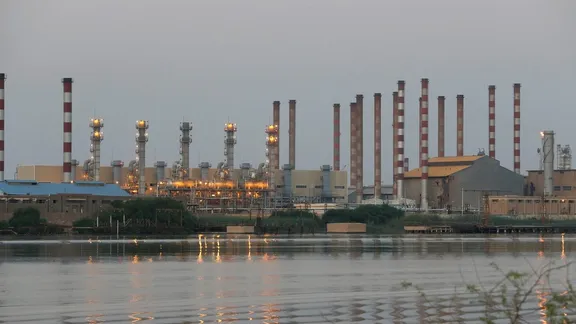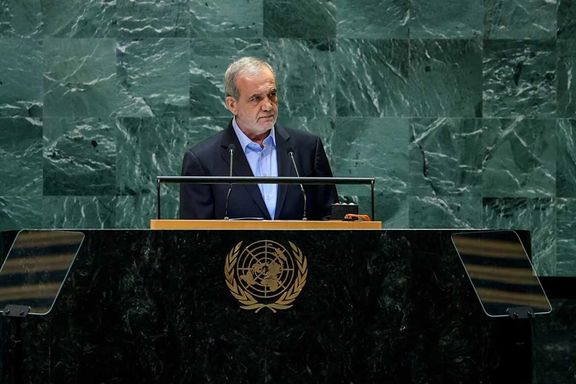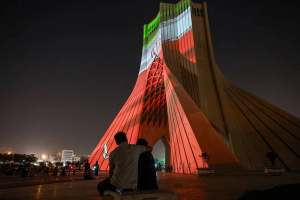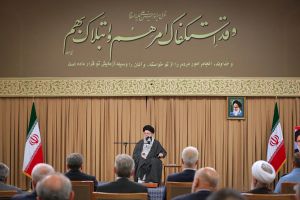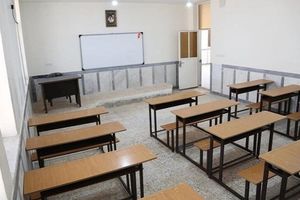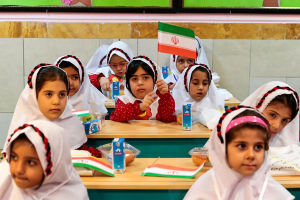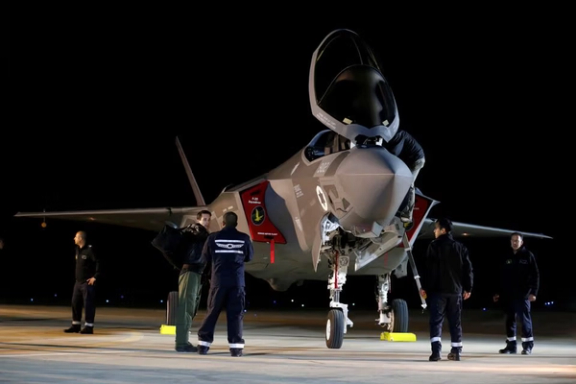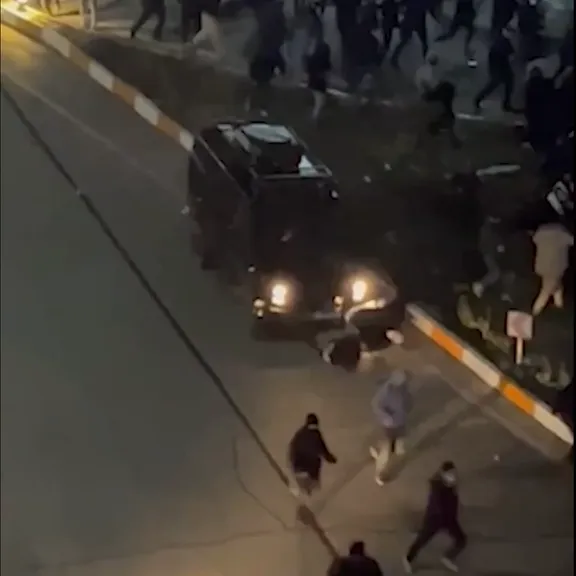That pressure is set to intensify with the automatic return of UN sanctions on September 28, unless a last-minute diplomatic breakthrough materializes.
Amid decades of bitter discord following the 1979 Iranian Reovlution, no US President has ever met his Iranian counterpart. US President Barack Obama spoke with President Hassan Rouhani by phone while the latter was in New York in 2013.
Reformists argue the question is not whether Pezeshkian should meet Trump, but whether he can secure Supreme Leader Ali Khamenei’s mandate to resume the pursuit of a nuclear deal. Without it, they say, the trip risks becoming another empty exercise.
“If the trip is going to be like last year or like those of past presidents, it is better not to go,” former Tehran mayor Gholamhossein Karbaschi told the moderate outlet Jamaran.
“If they want real change, he must first go to the Leader and other decision-makers and secure the necessary powers. Then he can meet senior American, European and regional officials.”
‘Courage required’
The reformist daily Sazandegi ran the headline “A Speech Is Not Enough,” urging Pezeshkian to act decisively.
Prominent centrist figure Hossein Marashi argued in an editorial that only “courageous decisions” could help avoid renewed sanctions.
Other moderates, including Amir Eghtenaei and Mohammad Atrianfar, pressed for clarity from Khamenei before departure, warning that without it the trip would yield “only repetitive words in routine meetings.”
Reformist author Abbas Abdi went further In Tehran’s other moderate daily, Etemad: unless Pezeshkian resolves the matter at home, he argued, the UN visit will be “pure loss.”
“When you return,” Abdi warned, “we should know whether the person who went to the UN was Pezeshkian representing the Iranian nation, or merely a shadow of his rivals wearing his clothes.”
‘Romantic illusion’
The "rivals" have of course been hard at work to head off any grand gestures in New Yorkk.
Kayhan, funded by the Supreme Leader’s office, derided the proposal as a “childish prescription” that would send a message of weakness.
In a biting editorial, it accused reformists of being so servile to the United States they would “probably even kiss Trump’s seat if asked.”
Javan, the IRGC-linked daily, called the idea “banana peels under Pezeshkian’s feet,” reminding readers that Trump himself tore up the 2015 nuclear deal.
Even the more measured Farhikhtegan said Washington has shown “no willingness to talk to Iran,” branding reformist hopes “romantic illusions.”
The past speaks
Analyst Amirali Abolfath told the moderate daily Ham-Mihan that even if Pezeshkian and Trump met, “just as Trump’s meetings with Putin or his letters to Kim Jong-un did not change US policy, this will not either.”
Others warned of humiliation.
President Trump could treat Pezeshkian as he did Ukraine’s Volodymyr Zelensky, hardline journalist Pouyan Hosseinpour warned, “reducing the encounter to a moment of spectacle.”
This hardline consensus mirrors earlier UNGA seasons, when moderate presidents Mohammad Khatami and Hassan Rouhani likewise floated engagement but bowed to resistance at home.
The likely outcome is the same: no meeting, and a course set for confrontation as snapback sanctions take hold.

